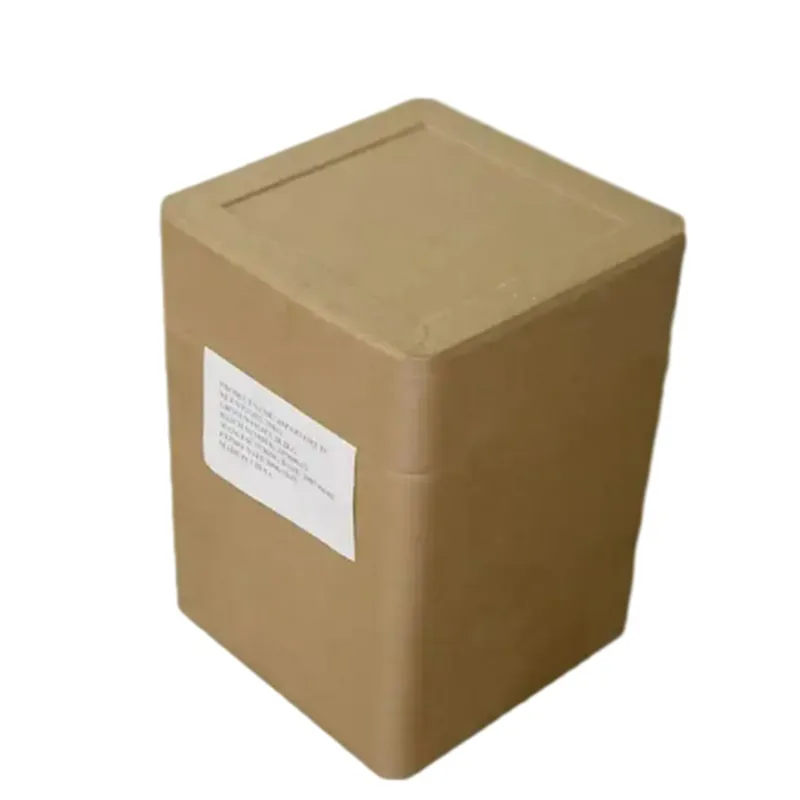
Sorbate Preservative
Understanding Sorbate as a Preservative
Sorbate, primarily found in the form of potassium sorbate, is a widely used preservative in the food and beverage industry. Its ability to inhibit the growth of mold, yeast, and some bacteria makes it a crucial ingredient in extending the shelf life of various products. This article delves into the significance of sorbate as a preservative, its applications, safety considerations, and its impact on the food industry.
The Role of Sorbate in Preservation
Sorbate functions by disrupting the cell membranes of microorganisms, thereby preventing their growth and proliferation. It is effective at low concentrations, which is why it is commonly found in a wide array of food products, including baked goods, dairy items, and beverages. One of the compelling features of sorbate is its versatility; it can be used in both acidic and neutral pH environments, making it suitable for a variety of applications.
For instance, in the production of baked goods, sorbate is used to inhibit mold formation, significantly reducing spoilage and waste. In dairy products such as cheese and yogurt, it helps prevent the growth of spoilage bacteria, allowing for extended shelf life without compromising safety. Additionally, in the realm of beverages, especially fruit juices and wines, it helps maintain freshness and flavor by preventing fermentation by unwanted yeasts.
Safety and Regulations
The use of sorbate as a preservative is generally regarded as safe by food safety authorities. The US Food and Drug Administration (FDA) has classified potassium sorbate as Generally Recognized As Safe (GRAS) when used in appropriate amounts. The acceptable daily intake (ADI) for potassium sorbate is around 25 mg per kg of body weight, which indicates that it is safe for regular consumption within this threshold.
sorbate preservative

However, some individuals may experience allergic reactions or sensitivities to sorbate, leading to mild symptoms like skin irritation or gastrointestinal discomfort. These instances are relatively rare, and most consumers can enjoy products containing sorbate without issues.
Consumer Awareness and Labeling
With rising consumer awareness regarding food additives, many people are now scrutinizing ingredient labels more closely. The presence of sorbate on packaging often raises questions about its implications for health and nutrition. While some consumers prefer products free from synthetic preservatives, it is essential to understand that sorbate plays a critical role in food safety and quality.
Many manufacturers are now addressing consumer concerns by offering clean label products, which highlight natural ingredients and minimal processing. However, sorbate remains a key additive in ensuring that foods are safe to consume and free from harmful pathogens.
Conclusion
Sorbate, as a preservative, plays a vital role in the modern food industry by enhancing food safety and extending product shelf life. Its ability to inhibit microbial growth allows manufacturers to provide consumers with fresher, safer products while reducing food waste. While it is essential for consumers to stay informed about the ingredients in their food, understanding the purpose and functionality of preservatives like sorbate can foster a balanced perspective towards food safety and preservation.
In conclusion, the judicious use of sorbate as a preservative not only protects food quality but also aligns with public health goals, ensuring that consumers can enjoy safe and nutritious products. As the food industry evolves, ongoing research and consumer education will continue to shape the landscape of food preservation.
-
Comprehensive Guide to Acetic Acid as Preservative: Benefits, Uses & Future TrendsNewsNov.24,2025
-
What Is a Food Additive? Global Insights, Applications & Future TrendsNewsNov.24,2025
-
968 Sweetener: The Modern Solution for Health-Conscious SweeteningNewsNov.23,2025
-
Discover the Benefits and Uses of 965 Sweetener (Erythritol) | Tenger ChemicalNewsNov.23,2025
-
961 Sweetener - A Next-Gen Sugar Alternative for Health and IndustryNewsNov.23,2025
-
Understanding 960 Sweetener: The Modern Sugar Alternative for Health and IndustryNewsNov.22,2025
-
Everything You Need to Know About 955 950 Sweeteners – Benefits, Uses, and TrendsNewsNov.22,2025
Hebei Tenger Chemical Technology Co., Ltd. focuses on the chemical industry and is committed to the export service of chemical raw materials.
-

view more DiethanolisopropanolamineIn the ever-growing field of chemical solutions, diethanolisopropanolamine (DEIPA) stands out as a versatile and important compound. Due to its unique chemical structure and properties, DEIPA is of interest to various industries including construction, personal care, and agriculture. -

view more TriisopropanolamineTriisopropanolamine (TIPA) alkanol amine substance, is a kind of alcohol amine compound with amino and alcohol hydroxyl, and because of its molecules contains both amino and hydroxyl. -

view more Tetramethyl Thiuram DisulfideTetramethyl thiuram disulfide, also known as TMTD, is a white to light-yellow powder with a distinct sulfur-like odor. It is soluble in organic solvents such as benzene, acetone, and ethyl acetate, making it highly versatile for use in different formulations. TMTD is known for its excellent vulcanization acceleration properties, which makes it a key ingredient in the production of rubber products. Additionally, it acts as an effective fungicide and bactericide, making it valuable in agricultural applications. Its high purity and stability ensure consistent performance, making it a preferred choice for manufacturers across various industries.





